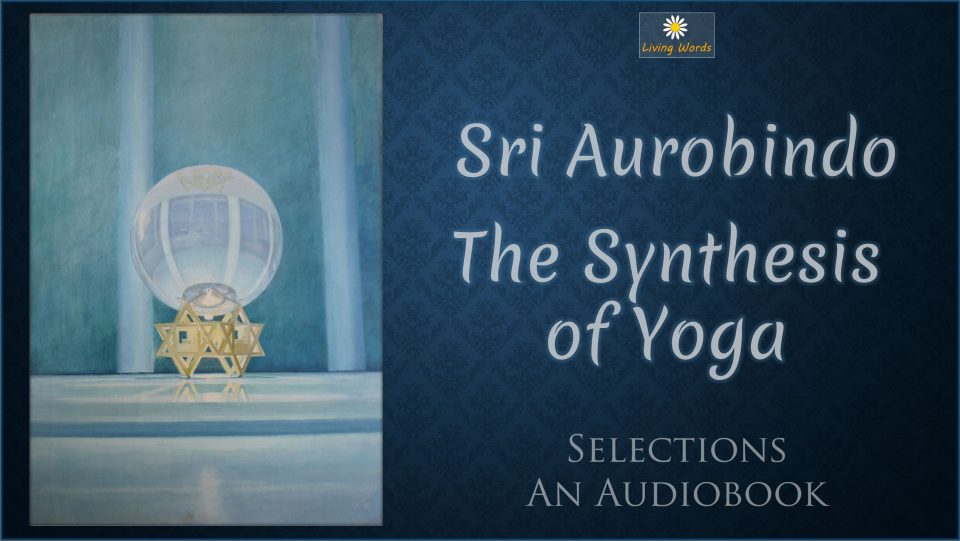2. The Yoga of Divine Works
2.17 Trust in the Divine Master and His Shakti
Our nature is not only mistaken in will and ignorant in knowledge but weak in power; but the Divine Force is there and will lead us if we trust in it and it will use our deficiencies and our powers for the divine purpose. If we fail in our immediate aim, it is because he has intended the failure; often our failure or ill-result is the right road to a truer issue than an immediate and complete success would have put in our reach. If we suffer, it is because something in us has to be prepared for a rarer possibility of delight. If we stumble, it is to learn in the end the secret of a more perfect walking. Let us not be in too furious a haste to acquire even peace, purity and perfection. Peace must be ours, but not the peace of an empty or devastated nature or of slain or mutilated capacities incapable of unrest because we have made them incapable of intensity and fire and force. Purity must be our aim, but not the purity of a void or of a bleak and rigid coldness. Perfection is demanded of us, but not the perfection that can exist only by confining its scope within narrow limits or putting an arbitrary full stop to the ever self-extending scroll of the Infinite. Our object is to change into the divine nature, but the divine nature is not a mental or moral but a spiritual condition, difficult to achieve, difficult even to conceive by our intelligence. The Master of our work and our Yoga knows the thing to be done, and we must allow him to do it in us by his own means and in his own manner.
[CWSA 23: 246-247]




About Savitri | B1C1-10 The Response of Earth (p.5)